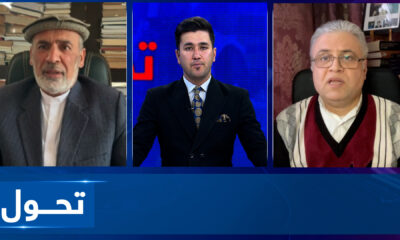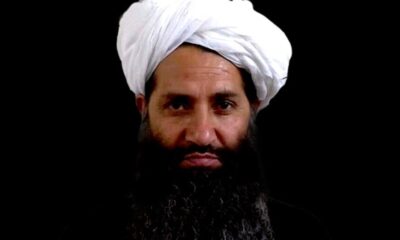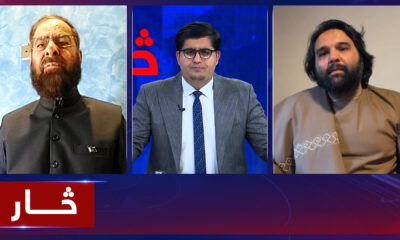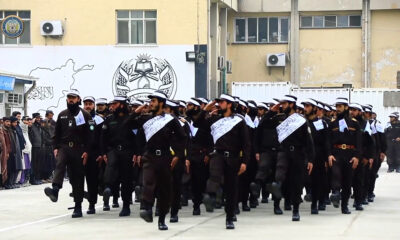Latest News
Zalmai Khalilzad to visit Qatar seeking Taliban’s final decision on reducing violence
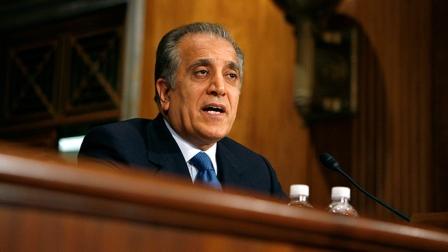
 A credible source at the US Embassy Kabul says the United States wants to know whether the Taliban are willing to reduce violence because of the peace agreement; therefore, the US Special Envoy Zalmay Khalilzad is going to travel to Qatar in order to know the Taliban’s final decision in the matter.
A credible source at the US Embassy Kabul says the United States wants to know whether the Taliban are willing to reduce violence because of the peace agreement; therefore, the US Special Envoy Zalmay Khalilzad is going to travel to Qatar in order to know the Taliban’s final decision in the matter.
Abdul Shokor Motmayen, former head of the National Olympic Committee during the Taliban regime, says that the Taliban military council has agreed to reduce violence and talks in this regard, will resume as soon as Khalilzad’s trip to Qatar where a peace agreement will be signed.
The ceasefire demanded by the Afghan government has not been the focus of the peace talks so far. The reduction of violence by the Taliban means to reduce the number of attacks in major Afghan cities, highways, and civilians.
Najia Anwari, the spokesperson of State Ministry for Peace, says that they are trying to consolidate and strengthen national and international harmony about peace.
Meanwhile, some experts are concerned about the consequences of the Iran-US confrontation, particularly the killing of Qassem Soleimani, the head of the Quds Force of Iran’s Revolutionary Guard Corps, over the Afghan peace process. They believe that there are possibilities in the escalation of violence in Afghanistan.
Rahmatullah Bezhanpor, a political activist, says that Iran will most probably manipulate its influence over the Taliban leaders to undermine the US-led peace process in Afghanistan.
Peace talks between US and Taliban representatives were suspended nearly a month ago. Zalmai Khalilzad further emphasized that the Afghan peace process has reached a sensitive phase and called the halt a good opportunity for Taliban representatives to dig deep the matter of ceasefire, violence reduction and intra-Afghan talks, with their leadership.
Latest News
US identifies Kabul airport suicide bomber
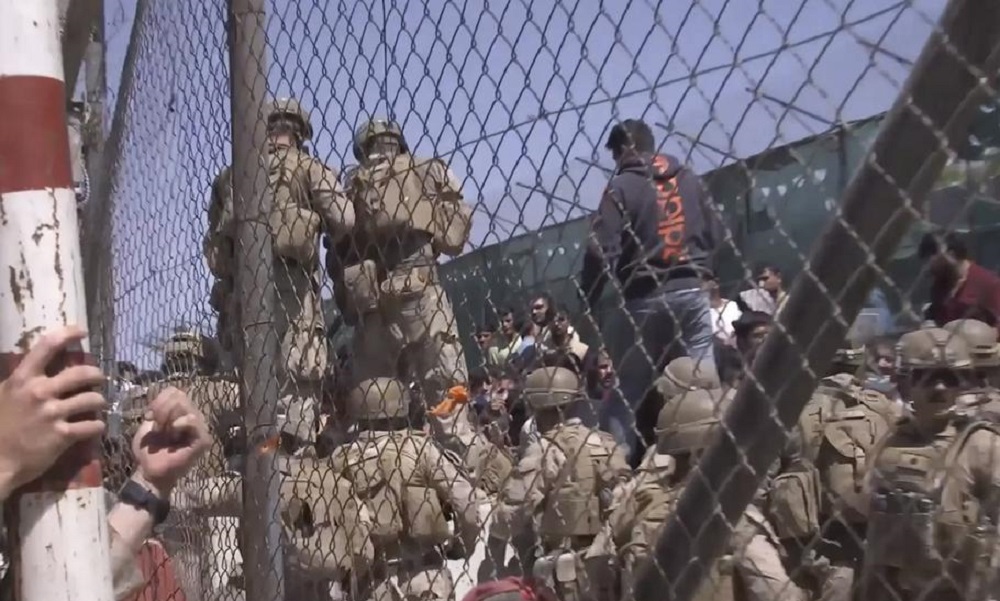
The U.S. military has for the first time publicly named the suicide bomber behind the deadly attack at Kabul airport during the chaotic final days of the American withdrawal from Afghanistan in 2021.
The identification was part of findings from a supplemental review ordered by U.S. Central Command to build on the military’s initial investigation by taking into account information and claims that have since surfaced.
The review also found that members of a Marine scout sniper platoon at the airport who believed they had the bomber in their crosshairs were mistaken, and they would not have been able to prevent the attack, ABC News reported.
In a recent briefing with reporters about the review, U.S. officials identified Abdul Rahman al-Logari as the perpetrator of the attack that killed 13 American service members and some 170 Afghans on Aug. 26, 2021.
Al-Logari had been a member of Daesh-Khorasan since 2016, according to a member of the review team from the US army.
At one point he was detained by coalition forces and held in custody, according to the review official.
Daesh claimed responsibility for the attack at Abbey Gate shortly after the bombing, praising al-Logari for committing the attack.
Republican Congress members have repeatedly raised the possibility the bombing could have been prevented in their attacks on the Biden administration’s handling of the withdrawal, largely based on testimony from former Marine Sgt. Tyler Vargas-Andrews, a member of one of the sniper teams providing overwatch near Abbey Gate.
In a March 2023 House Foreign Affairs Committee hearing, Vargas-Andrews claimed his team had a suspicious man matching a description of the suspected Abbey Gate suicide bomber in his sights before the deadly explosion on Aug. 26. He said they were denied permission to fire and prevent the blast, which claimed two of his own limbs.
Latest News
Tehran says it won’t allow anti-IEA political activities to take place in Iran
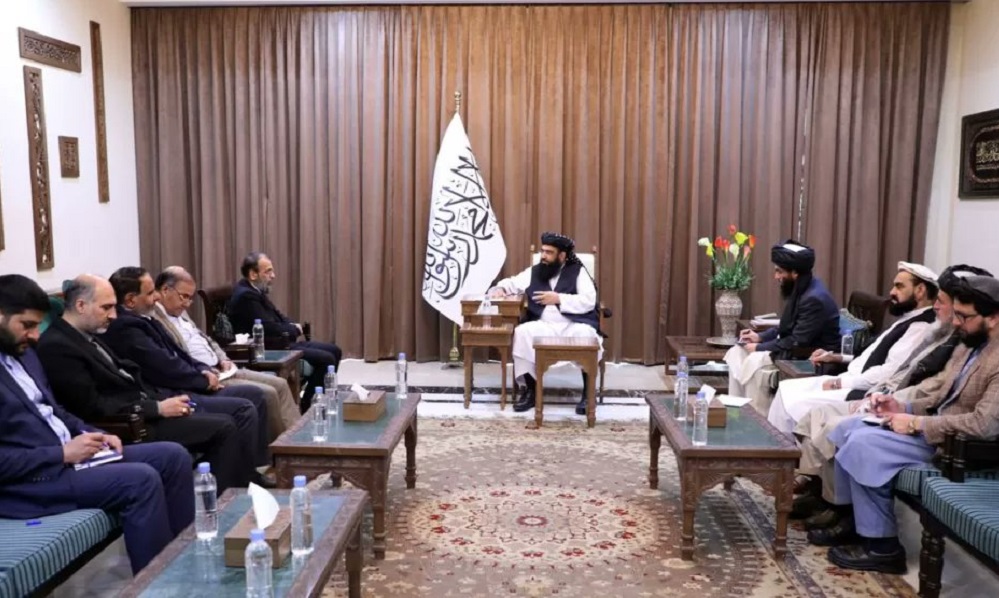
Iran’s deputy ambassador in Kabul, Sayed Hasan Murtazawi, said on Monday that the opponents of the Islamic Emirate of Afghanistan (IEA) live in his country as ordinary refugees and they are not allowed to engage in political activities.
Murtazawi made the remarks as he met Mawlawi Abdul Kabir, political deputy of the prime minister, in Kabul on Monday.
The official said that his country is seeking to facilitate positive engagement between the regional countries and the Islamic Emirate, and expand the relations between Kabul and Tehran.
In the meeting, Mawlawi Abdul Kabir considered Iran’s attack on Israel as Tehran’s legitimate right and added that Afghanistan wants to have good relations with all its neighbors.
Latest News
Pakistan to launch phase 2 of forced deportation of Afghans
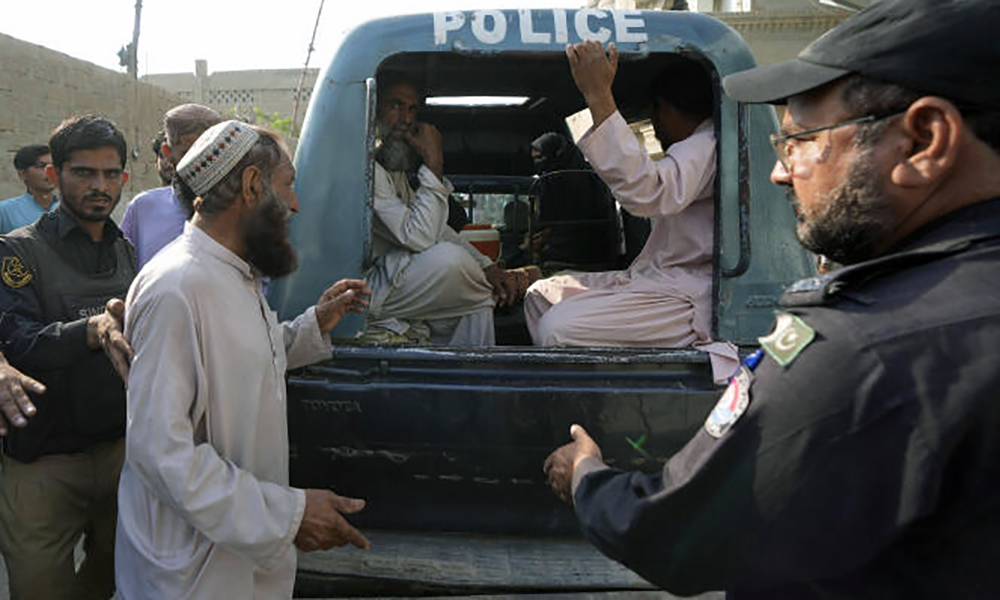
Islamabad is expected to start the second phase of forced deportations of Afghan refugees from Monday, April 15.
According to reports this phase will also include the deportation of Afghans who have residency permits.
This will apply to refugees who have ACC documents, Afghan citizenship card, and POR or certificate of registration with the government of Pakistan.
Officials have said this applies to about 850,000 Afghans – many of whom have lived in Pakistan for decades.
According to the United Nations High Commissioner for Refugees, after August 2021, more than 600,000 Afghans fled to Pakistan.
The Afghan caretaker government and UN agencies estimate that more than half a million people have been deported from Pakistan or voluntarily returned to Afghanistan in less than six months.
The United Nations High Commissioner for Refugees said last month that nearly two million Afghan refugees are living in Pakistan and that the agency needs $368 million this year to assist these people.
-
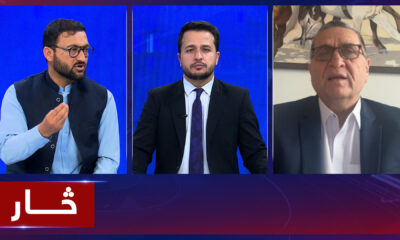
 5 days ago
5 days agoSaar: Concerns over drug trafficking from Afghanistan discussed
-
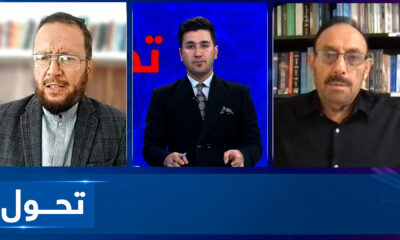
 Tahawol4 days ago
Tahawol4 days agoTahawol: Concerns over continuation of acting government discussed
-
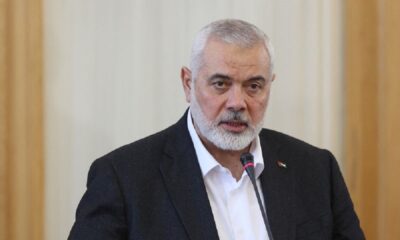
 World5 days ago
World5 days agoThree sons of Hamas leader Haniyeh killed in Israeli airstrike
-
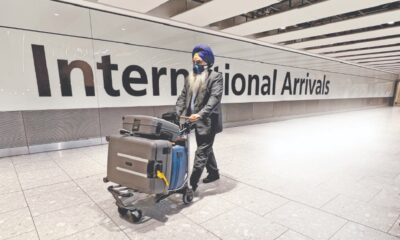
 Regional3 days ago
Regional3 days agoIndian foreign ministry advises against travel to Iran, Israel
-

 World5 days ago
World5 days agoOne dead, five wounded in Washington shooting
-
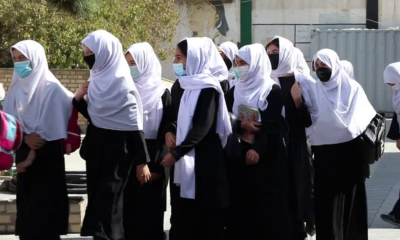
 Latest News5 days ago
Latest News5 days agoBanning girls’ education has caused economic issues: private school officials
-

 Latest News4 days ago
Latest News4 days agoAfghanistan withdrawal probe sparks anxiety within Biden administration: US’s McCaul
-

 Sport5 days ago
Sport5 days agoGujarat end Rajasthan’s winning streak with IPL thriller






